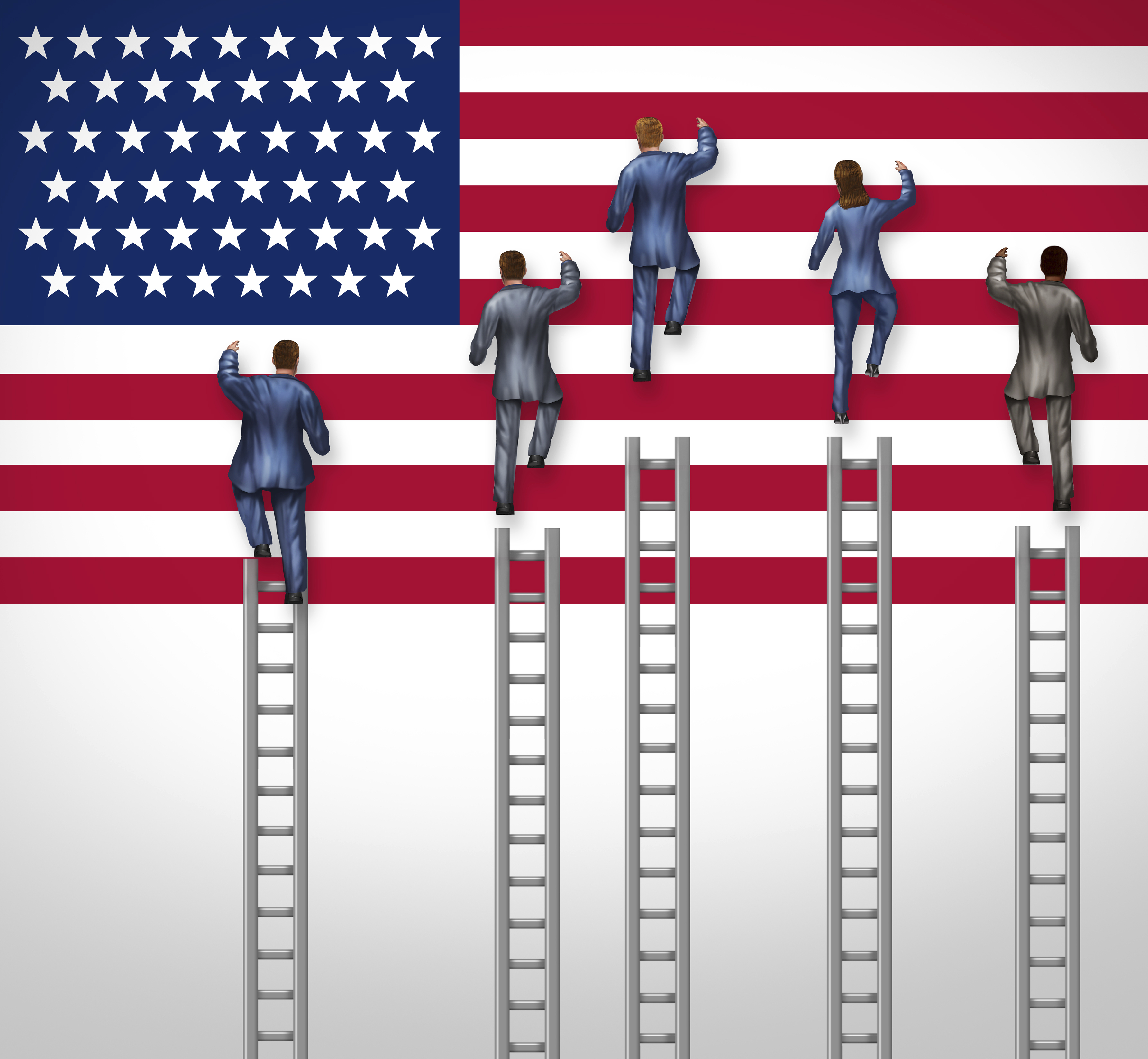The stability of our democracy is in jeopardy. Congressional approval ratings near an all time low, while our executive branch lacks transparency and accountability. The integrity of our elections also remains uncertain as we approach the most important presidential election cycle in our country’s history. Yet, what is most concerning is the fact that an increasing number of Americans no longer believe that our system of government is working for them. A 2017 Pew Research Center study confirmed this notion, finding that just 18 percent of Americans trust our government to do the right thing. Our campaign finance system lies at the heart of this nationwide sentiment.
Over the past several decades, several Supreme Court rulings have diluted the campaign contribution and spending regulations originally implemented by the Federal Election Commission’s (FEC) establishment in 1974 and McCain-Feingold in 2002. The verdicts of Buckley v. Valeo, EMILY’s List v. FEC and Citizens United v. FEC boosted the necessity of campaign fundraising and the widespread role of “money politics.”
While money in politics is often identified as the perpetrator of our government’s dysfunction, this judgment is partially misleading. Campaign spending has increased by nearly 610 percent since 1984, yet a poll conducted by OpenSecrets shows that less than 10 percent of Americans have ever made a campaign contribution. Data from the 2010 midterm elections also shows that just 0.26 percent of all donors supplied 68 percent of all campaign fundraising. Therefore, the issue isn’t just money politics, but the fact that there is too much money coming from too small a circle of donors.
This is the central flaw in our campaign finance system. This is the largest threat to our democracy. In return for such contributions, representatives must vote and draft policy on behalf of their donors. This ensures their donors’ satisfaction and also secures future campaign contributions. Policies addressing everyday Americans and the working class are thus neglected, while the concerns of the wealthy are prioritized. The U.S. Health Industry illustrates this suspicion. Since 1998, the industry has spent over $6.5 billion in congressional lobbying efforts. Meanwhile, the United States has the highest prescription drug costs and most expensive health service fees among developed nations. 26 million Americans lacked health insurance as of 2016.
Opportunity for political compromise is also diminished by donor influence, as representatives are often pressured to vote along party lines. This fosters severe partisanship, hindering congressional efforts to fund essential government programs and our military. Congressional approval ratings plummet, yet both sides blame each other. This prevents any chance of civil debate that may help us understand how we’ve reached this point in our history.
Overall, our campaign finance system’s dysfunctional impact on our government prevents Congress from implementing important legislation. For this reason, the United States faces numerous challenges uncharacteristic of developed nations. The U.S. contains nearly 22 percent of the world’s prisoners despite representing just 4.4 percent of the world’s population. The only country with a higher incarceration rate is North Korea. U.N. data indicates the U.S. murder rate (4.9 per 100,000 citizens) is 20 times higher than the average rate of developed nations (0.8 per 100,000 citizens). 21 percent of American children live in poverty. Meanwhile, it’s been over four years since the residents of Flint, Mich. last had access to clean water.
Without major campaign finance reform, aiding policies will continue to be neglected and numerous Americans will continue to fall through the cracks. Past political spending regulations were removed to ensure an inclusive right to free speech, but our current system is at a point where the struggle of ordinary Americans is silenced by the demands of special interests. Special interests have therefore limited the speech of the general public. Continuing down this path will only ensure that these voices remain unheard. We must reform our campaign finance system to ensure that our elected officials are accountable to all Americans. If we fail to do this, we are hardly a democracy.



